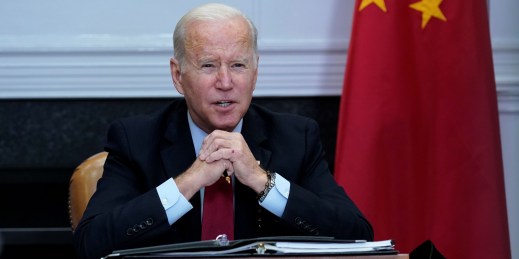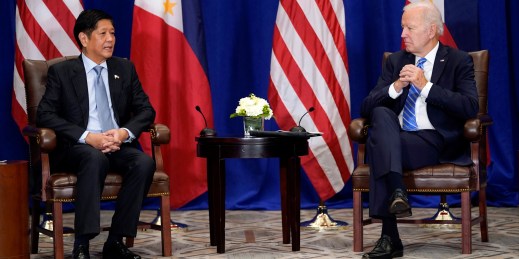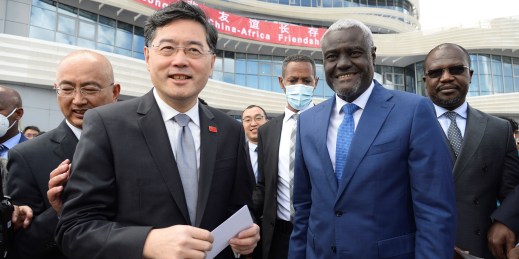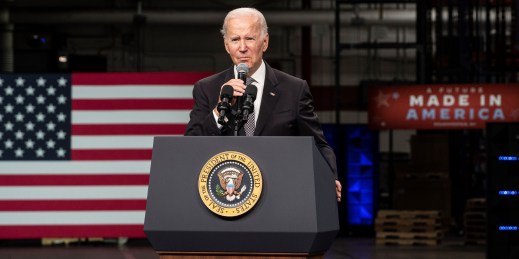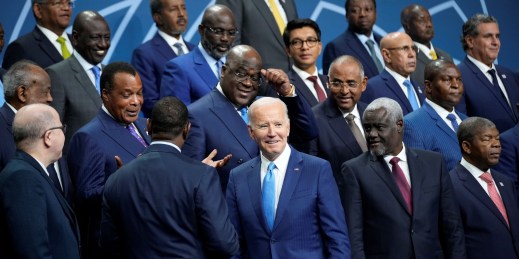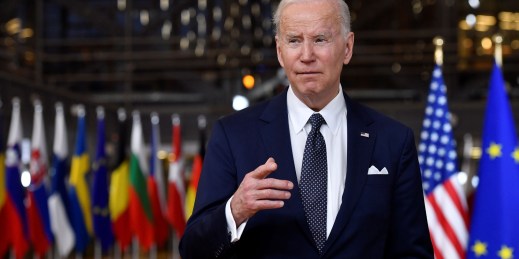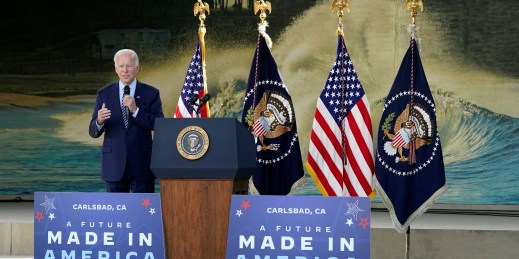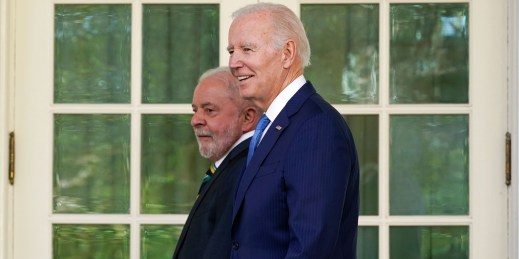
Brazilian President Luiz Inacio Lula da Silva’s recent meeting with U.S. President Joe Biden was framed as a reaffirmation of the two countries’ recently battered democracies. But if Lula seems like a good fit for Biden’s narrative of a global battle between democracy and autocracy, he also underscores the limitations of this narrative.

